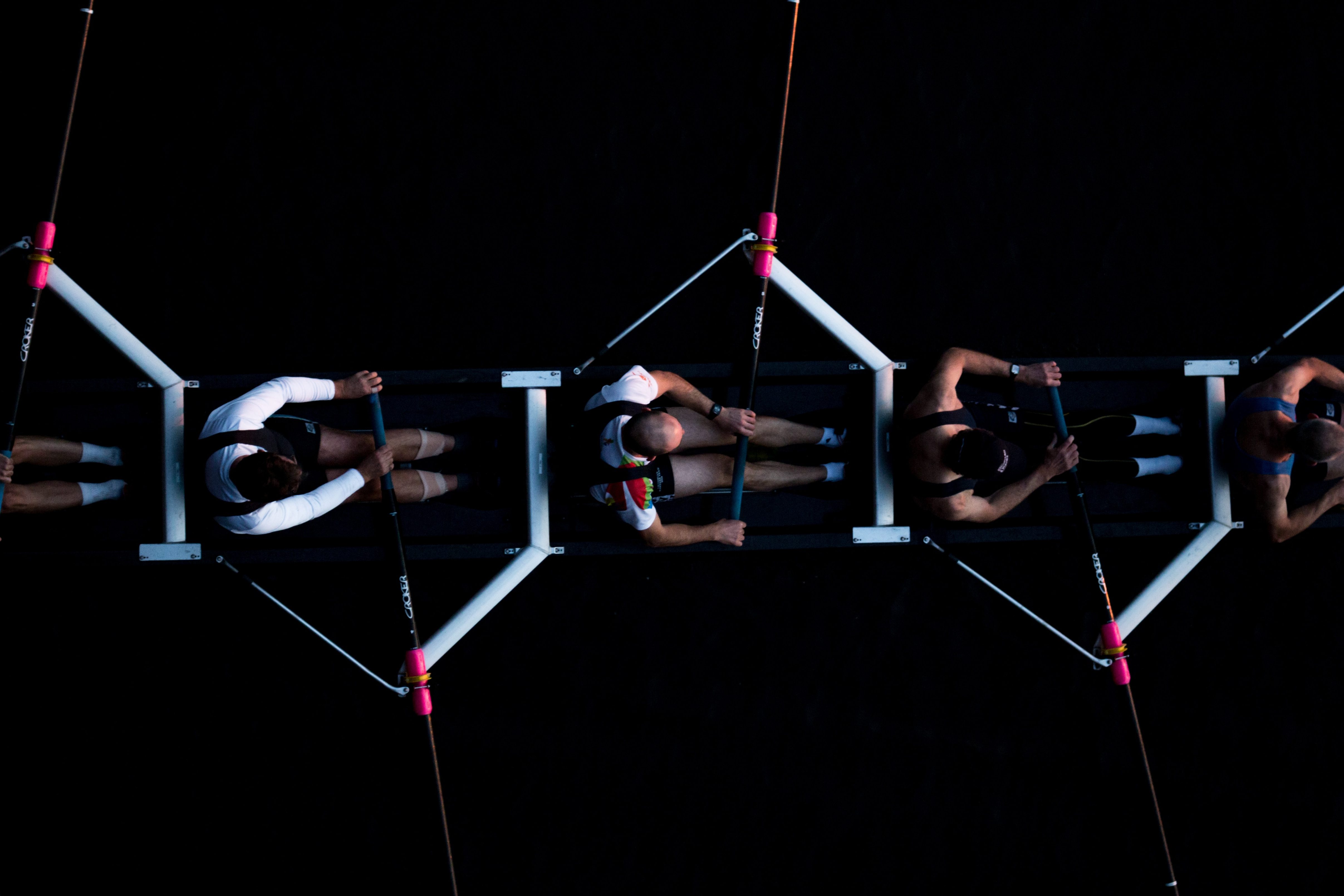One of the reasons why the transition to life after competition can be so challenging comes from a very simple matter of each of us being human. We are wired to fulfill our basic needs in somewhat predictable patterns. This concept was first described in the work of psychologist Abraham Maslow in the 1960’s when he put forward a “Hierarchy of Needs” – something that is no doubt familiar to anyone who has ever taken an Introduction to Psychology course.
Maslow’s Hierarchy of Needs, from “A Theory of Human Motivation” (1942) Image From Open Source Creative Commons )
This concept holds that people are motivated by their basic needs, and that we seek to fill those needs from the most basic to the more complex, in an order from the base of the pyramid to the peak.What does this have to do with life after sports? There are elements of competitive life within each of the levels described in the diagram above.
Need Fulfillment in Competitive Athletics:
- Need for Belonging: Being a part of a team is a way in which we can belong to a like-minded group, with clear goals and a social structure.
- Need for Esteem: Whether as an individual competitor or as a member of a team, sports give us an opportunity to feel good about ourselves. The rules and roles are clearly defined, and achievement in sports is highly valued in our culture. This offers external affirmation in the form of recognition, but also internal affirmation in that achievement is quantifiable.
- Need for Respect: Just as athletics can be a source of internal esteem, they are also an opportunity for us to garner respect from others. For some people, a successful athletic career becomes a part of a person’s identity for the remainder of their lives.
- Need for Love or Approval: When participation in athletics is a tradition in the family, we may seek out opportunities to participate in order to garner love, support, or approval from our parents or siblings.
- Need for Self-Actualization: For some athletes, sports as a way to test themselves, and to push through their comfortable limits. They need to challenge themselves in order to feel fulfilled.
Maslow believed that all people seek out ways of meeting these needs, and in the order described in the pyramid, from the base up. If your physiological needs are met, then you seek safety. Once safe, you look for a sense of belonging, and so on.
To the point of our survey and discussion;
- What needs did you find most prominently fulfilled by competition?
- In what ways have (or will…) you been able to find different and positive ways of fulfilling these needs in life after sports?
